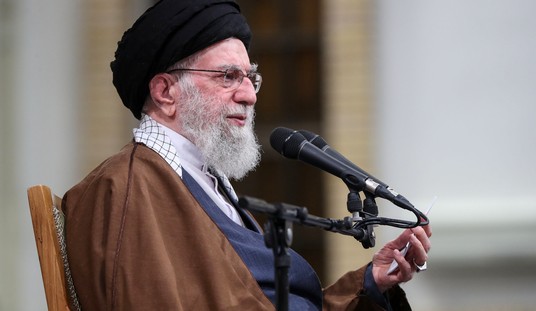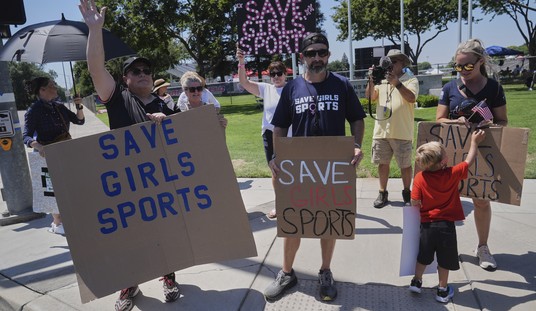Eighteen months ago, the US and UK conducted a formal ceremony in Afghanistan’s Helmand province for our official withdrawal. We handed over two bases to Afghan security forces, lowered the flags for the final time, and duly exited one of the most dangerous zones of the Af-Pak theater. The Obama administration made sure to bring in journalists from around the world so that our commitment to withdrawal from the conflict could be seen in this concrete action, and noted for posterity.
Today, the message is … never mind:
The last time the U.S.-led coalition brought a group of journalists here to Helmand province was in October 2014 to document the withdrawal of American and British troops, on a trip designed to signal that U.S. involvement in the war really was ending.
This week, coalition officials brought journalists back, as a way of saying, “Never mind” — and to make the case that the United States may want to consider staying on.
After what was supposed to be a withdrawal from one of Afghanistan’s most restive provinces, about 500 soldiers from the U.S. Army’s 10th Mountain Division rushed back into Helmand in February. The Afghan army, left on its own, had failed to live up to expectations. Now, once again, U.S. forces are in place, trying to toughen up a force that remains too timid.
It’s not just the unreadiness of Afghan security forces that forced the US back into Helmand. The vacuum left behind by the pullout of Western forces allowed ISIS to fester and metastasize along with the Taliban. Now Helmand has turned into a completely new, and even worse, conflict — at least in Afghanistan.
Now the US military wants to send a much different message than that coming from the White House:
As Obama weighs what course to follow, the U.S. military has suddenly become more candid in framing its participation in the war, giving journalists greater access and attempting to more closely link the threat posed by al-Qaeda to the broader campaign against the Taliban insurgency.
At a news conference in Kabul, Brig. Gen. Charles Cleveland, chief of communications for the U.S.-led coalition, warned that coalition forces are seeing increased “linkages” between al-Qaeda and the Taliban’s new leader, Akhtar Mohammad Mansour. The Taliban is also working more closely with the Haqqani network, a Pakistan-based militant group responsible for some of the bloodiest attacks of the war, Cleveland said.
What a shock. The US and UK withdrew, and the radical Islamists united to overthrow Afghanistan’s government. Whodathunk?
The BBC notes that the Afghans have begun an offensive to “retake” Helmand, and Justin Rowlatt reports that Helmand is “still the key front line in the battle against the Taliban.” So why did we withdraw from Helmand in the first place, and why didn’t the media challenge the Obama administration when Helmand got “taken” from the Afghan forces?








Join the conversation as a VIP Member